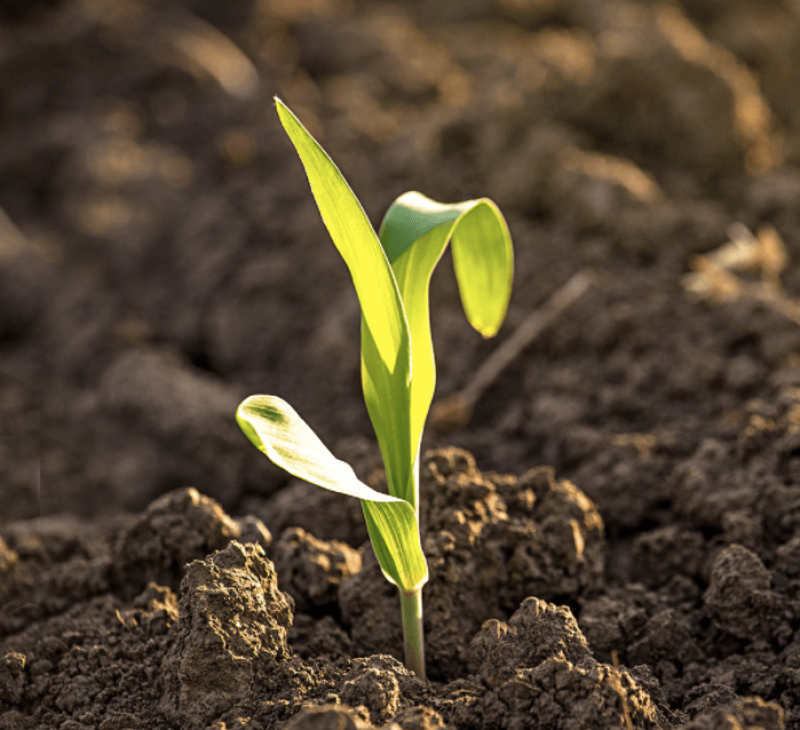[Jill] Farrant is the world’s leading expert on plants which can “resurrect” from a desiccated state after they are rehydrated. Some species of resurrection plants can live without water for years and rehydrate within hours after rain.
…
She wants to find out how resurrection plants can lose large amounts of water without dying – and then make crops do the same thing by switching on the genes responsible for inducing desiccation tolerance as well as those important for recovery from extreme water loss.
…
Al Jazeera: What would you tell people who oppose your research because they take issue with genetically modifying plants?
Farrant: Without trying to be rude, they are very ignorant about the subject. Genetic modification of plants is probably the safest kind of GM, yet it is the most vilified one. The crops that we are eating [today] are highly genetically modified. Through conventional breeding, thousands of gene changes happened without us knowing that we were doing GM all along.
The second thing I would say is that the way I am planning to do this is not by putting in any new genes, but by activating genes that are already in the plant. Finally, anything we eat gets a high level of scrutiny. There are a lot of things that are going to have to happen before we allow [these crops] in the fields.
The GLP aggregated and excerpted this blog/article to reflect the diversity of news, opinion, and analysis. Read full, original post: Q&A: Jill Farrant on breeding drought-resistant crops































